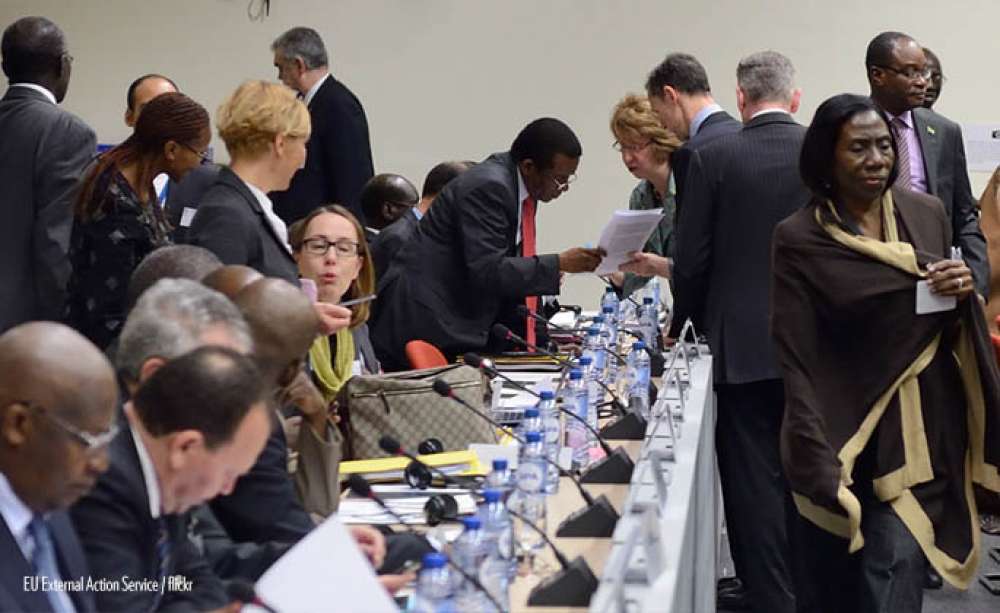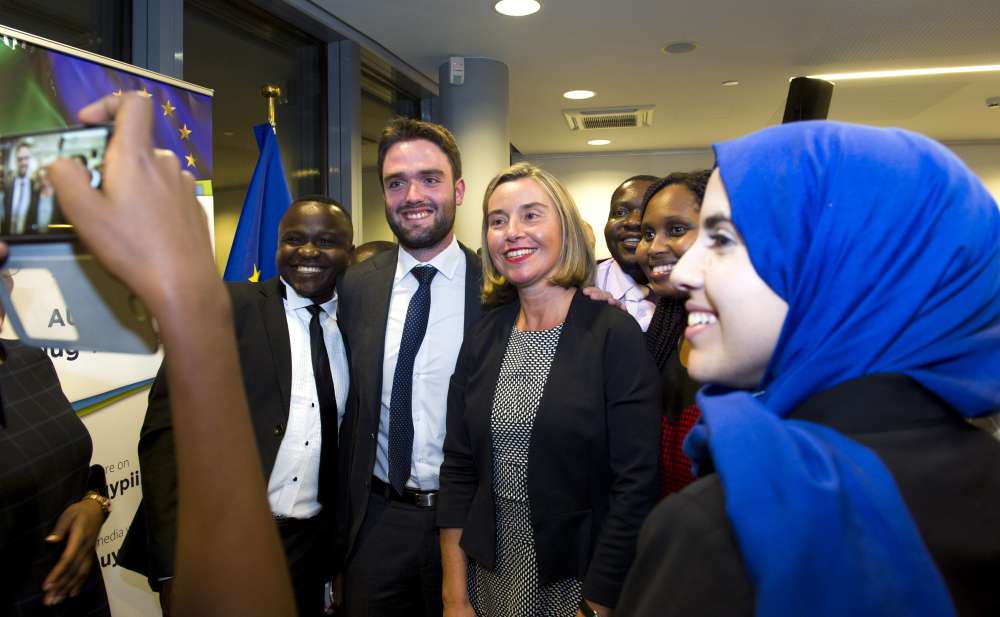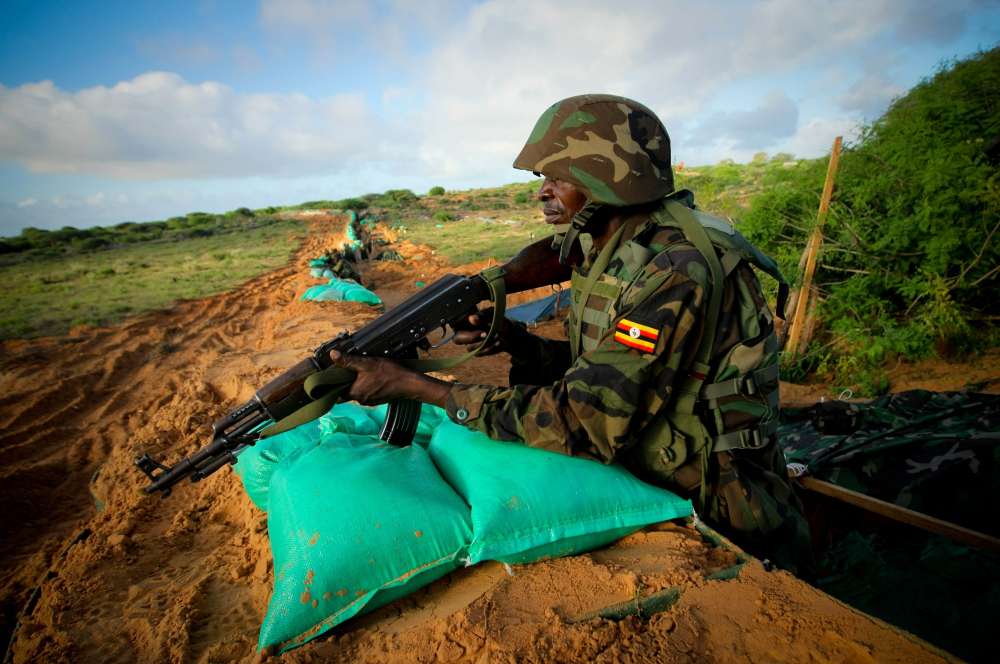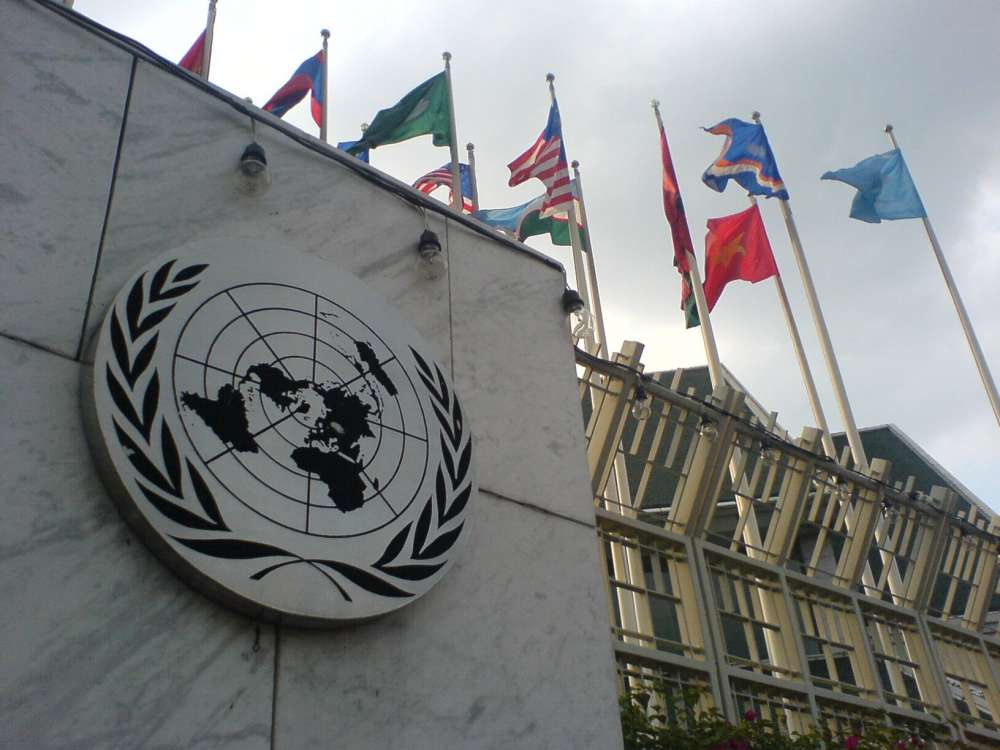Relational Trust in International Cooperation: The Case of North-South Trade Negotiations

The positive impact of trust on the willingness to cooperate has been widely recognised within social sciences. Trust, however, has not been adequately incorporated into the dominant paradigms on explaining international cooperation in international relations. This paper argues that in situations of uncertainty, trusting or mistrusting a cooperation partner influences the negotiating behaviour of state actors. Trusting behaviour is understood to be based on a non-rational mode of reasoning, which shapes negotiating behaviour beyond the cognitive calculation of risks in a given situation. Whether or not the other actor is considered as trustworthy depends to a large extent on the conception of the identity relationship between the cooperation partners. This is suggestive of a constructivist understanding of trust as a relational, identity-based concept that is difficult to capture using a measurable, calculative notion of trust employed in a gametheoretical, strictly rationalist framework. The article presents two conceptual lenses: benevolence-based trust and identification-based trust. The empirical analysis covers evidence from two of the six regions that were negotiating an Economic Partnership Agreement with the European Union: West Africa and the Caribbean region.
…
To read the full article, please visit the Journal of Trust Research online.







